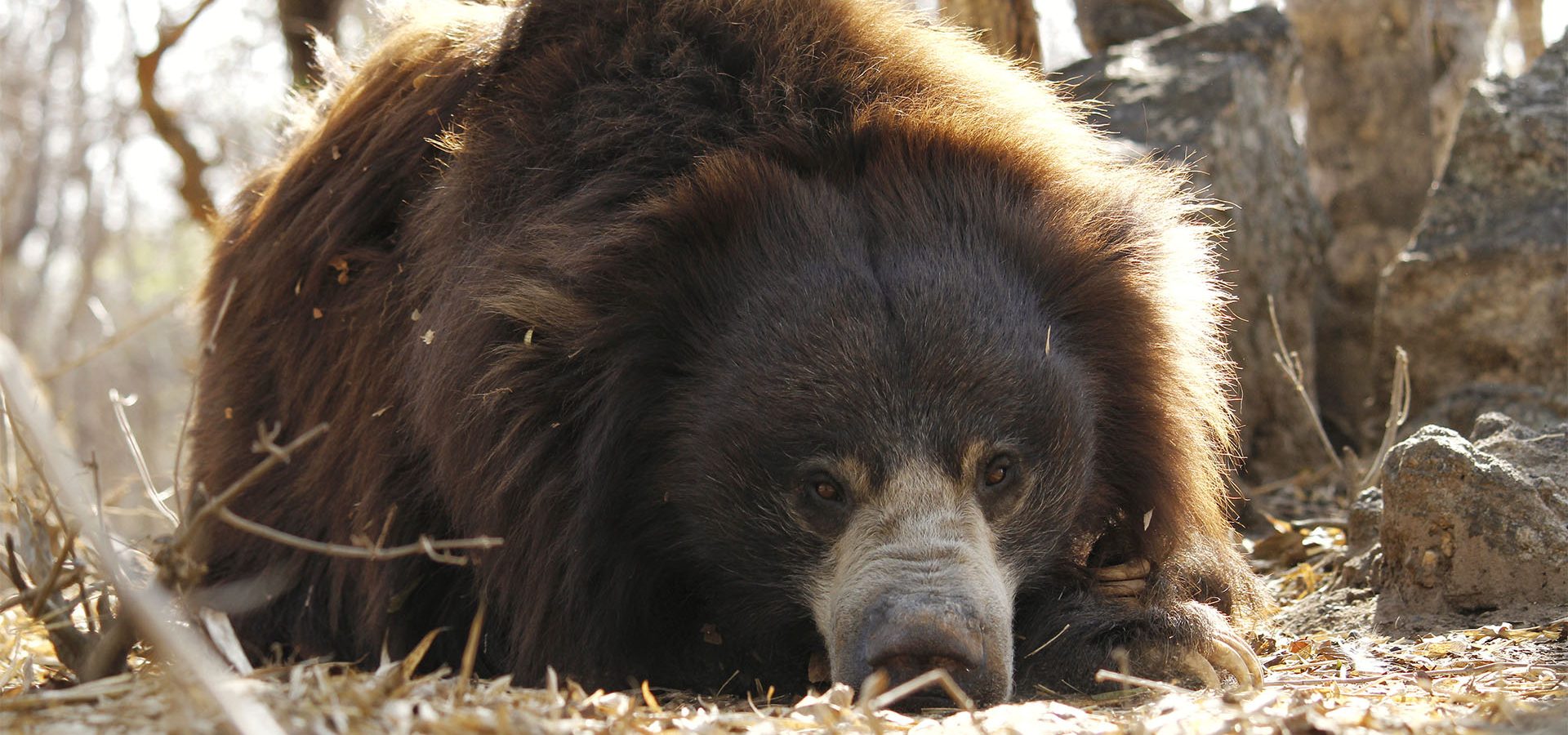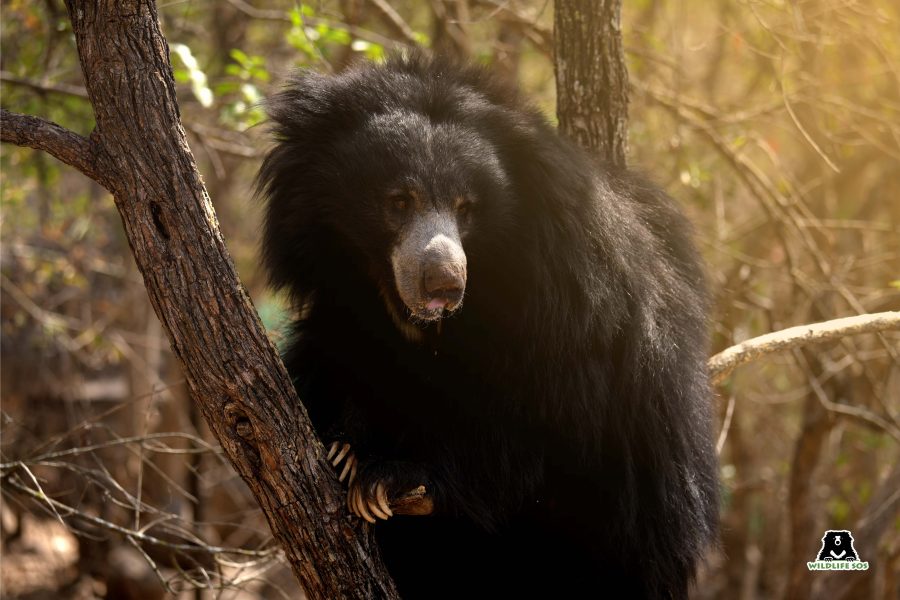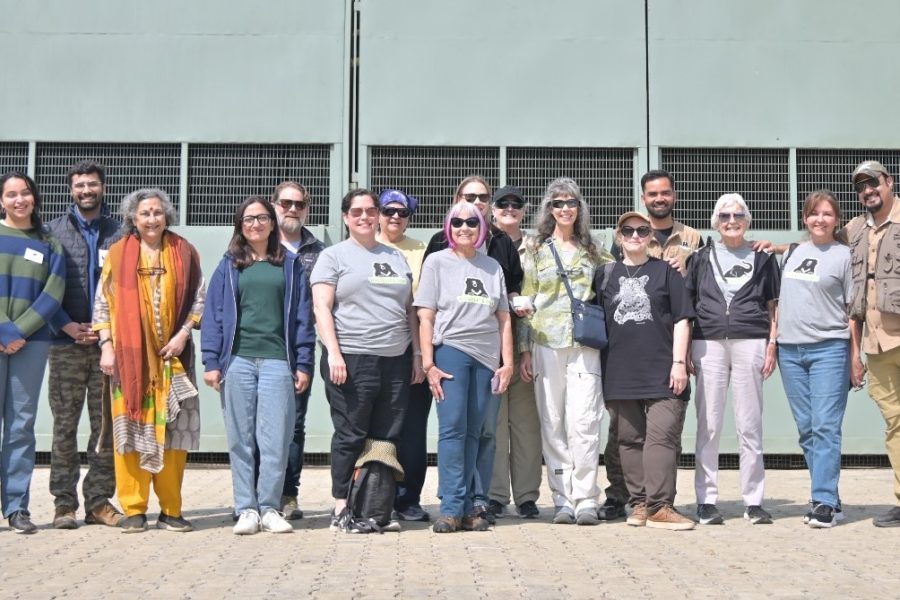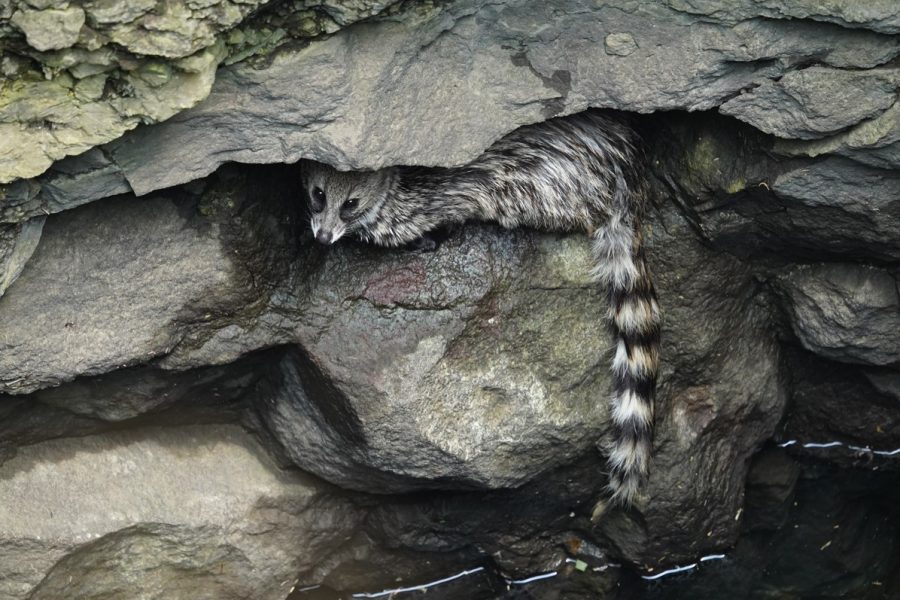Rapid urbanization, habitat encroachment, poaching, hunting, and a myriad of other anthropogenic pressures have transformed the lush green forests that India’s wildlife once called home into dreary battlefields. Meticulously laid across these battlefields, camouflaged in the dirt, lies an illegal hunting device as lethal as a weapon of war, waiting for an innocuous wild animal to get caught in its deadly embrace. Snares are fatal devices that can cause severe injuries and even death to wild animals. Due to their low manufacturing cost, these traps are widely utilized by farmers to prevent crop-raiding from wild boars and even by poachers to trap an unsuspecting animal. Occasionally these traps are also used for bushmeat hunting. Wildlife SOS has rescued a multitude of animals from these traps; While some survive, countless others lose their lives to these baleful devices.

In a recent harrowing rescue, Wildlife SOS and the Karnataka Forest Department rescued a female sloth bear who was gravely injured by a snare in Kora Hubali, District Tumkur, Karnataka. Forest officials first spotted the female sloth bear, approximately three years of age, limping around a rocky terrain in Kora Hubali. The bear was safely tranquilized and Wildlife SOS was called in for reinforcements. The injured animal was taken to the RFO office, wherein Dr. Arun A. Sha, Director- Research & Veterinary Operations at Wildlife SOS examined the distressed bear.
To his dismay, he found a snare wrapped around her right four limbs. The docile bear was also severely dehydrated, anemic, and in a state of negative energy balance. Dr. Arun carefully removed the snare and dressed the bear’s wound that had become infected. With urgent medical attention provided, the sloth bear was transported to the Wildlife SOS Bannerghatta Bear Rescue Centre where she continues to reside under critical medical observation.
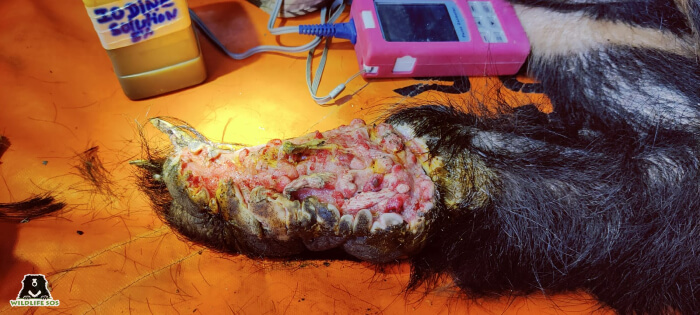
During her initial days, the bear refused to eat, hindering her physical recovery. She growled at any human presence, unable to trust that she was now safe, Yet, with the dedication of the Wildlife SOS team the bear began eating, regaining strength and courage for the long road of recovery that lays ahead of her. Wildlife SOS is working round the clock to ensure that the bear does not experience any further stress. Yet, her pitiable condition makes evident the disastrous damage a snare can do.
Snares are in fact DIY devices made out of chains from motorbikes in under three minutes! However, once caught in these snares, animals suffer for the rest of their lives. Once caught in these devices, animals remain trapped for days, often simply dying of dehydration or hunger before anyone notices them. We have also come across cases of leopards and tigers who chewed off their paws to release themselves from these traps! When an animal does receive timely intervention and is saved, like the sloth bear of Tumkur, their brutal injuries make most of them unfit to survive in their natural habitat. With their life dramatically altered, the animals also suffer from psychological distress.
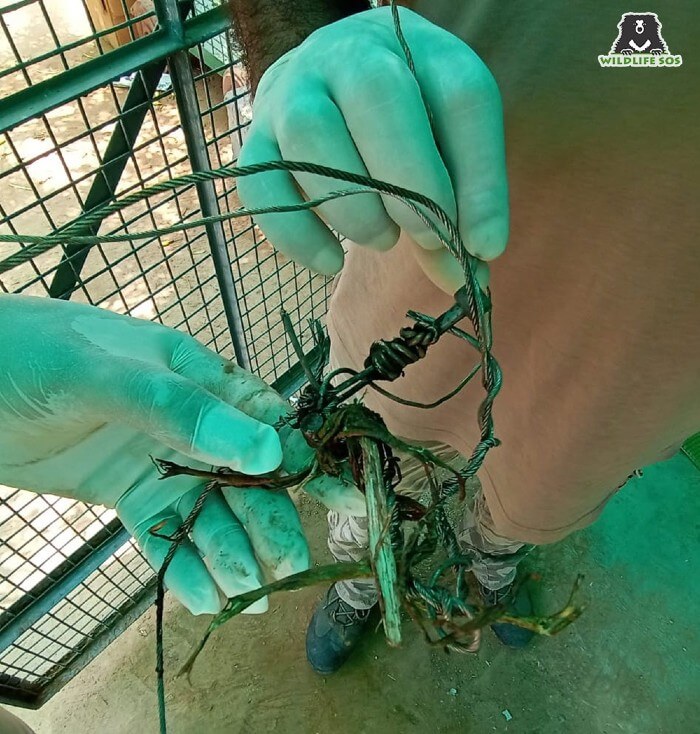
Take, for example, Rose, a sloth bear rescued in 2016. Rose was found with a severed paw, possibly cut in a snare or leg trap. Unable to survive in the wild any longer, Rose was rehabilitated in the Bannerghatta Bear Rescue Centre. During her initial days Rose would quiver and cry at the sight of any human. It took Rose many years to recover physically and mentally and become the gregarious bear she is today. You can read more about Rose HERE.
Specifically, in the state of Karnataka snares are becoming a burgeoning problem. Mostly used to catch wild boars that raid the field of farmers, these traps are injuring any wild animal that crosses their path. Sloth Bears and leopards are particularly impacted by the increased use of snares. Researchers from the Nature Conservation Foundation found that 113 reported incidents of leopards snared in Karnataka between January 2009 to December 2020. Statistics of Sloth bears remain unknown due to the general lack of research on the species. However, the state of Karnataka is home to a large population of indigenous sloth bears. These quirky bears are dwindling due to loss of habitat and poaching, making them a Vulnerable species under the IUCN Red Data List.
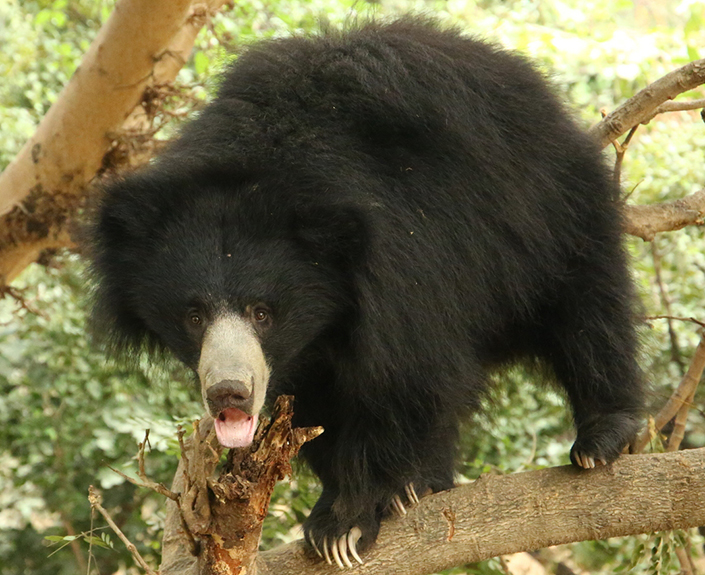
Apart from leopards and sloth bears, animals like tigers, hyenas, and even owls fall victim to snares. We can only imagine the number of animals whose battle with the snare or jaw traps goes unheard and unnoticed. Controlling the use of these deadly traps is a pivotal matter that must be addressed. However, these traps are easily camouflaged in vast areas that wild animals frequent. Further, poachers and farmers simply set the traps and leave the site. This inhibits law enforcement agencies from catching the culprit and subsequently stop additional traps from being placed.
In order to truly curb the use of these lethal traps, the perception of people towards animals needs to be altered. As Steven Galloway said, “ a weapon does not decide whether or not to kill. A weapon is a manifestation of a decision that has already been made.” Wildlife SOS works endlessly to not only rescue animals in distress but also to raise awareness of the harrowing effects of these hunting traps and instill empathy in humans towards animals.
To find out more about snares and their impact on wildlife, click HERE!

